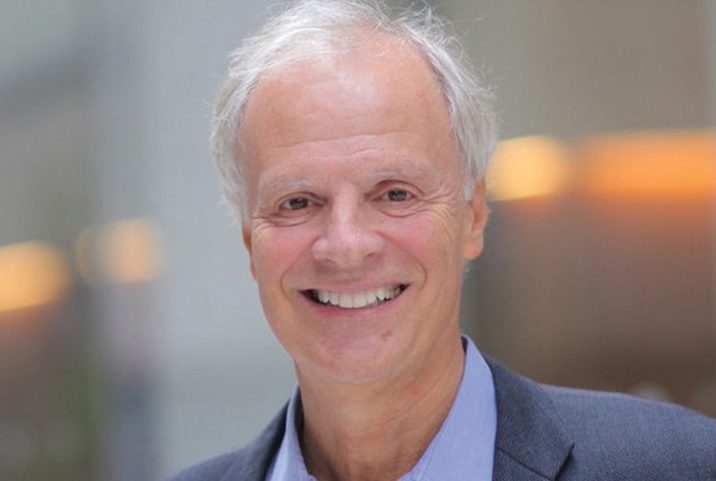Lawrence P. Casalino, M.D., Ph.D., the Livingston Farrand Associate Professor and chief of the Division of Outcomes and Effectiveness Research, spent six weeks last year at the Nuffield Trust in London to help form policy recommendations for the British National Health Service (NHS). The mission of the Nuffield Trust, a leading UK independent health policy charitable organization, is to promote independent analysis and informed debate on UK health care policy. Dr. Casalino's work was performed under the Trust's John Fry Fellowship, which annually selects an international health leader to research, write and lecture on a pertinent subject in general practice and primary health care.
Dr. Casalino's role was to make recommendations for how the NHS should best enact its plan to place responsibility for 70 percent of the NHS budget with yet-to-be-created "consortia" of 200 to 300 general practitioners. He was chosen for his expertise on the experience of similar networks of physicians in the United States — independent practitioner associations (IPAs). During the summer of 2010, Dr. Casalino produced a memo that was widely circulated among UK health policy and government leadership; the Nuffield Trust has just published a more formal version titled "GP Commissioning in the NHS in England: Ten Suggestions from the United States". Drawing on the tumultuous experience in the U.S. of handing the equivalent of commissioning budgets to doctors in Independent Practice Associations and large medical groups over the past 20 years, he identified 10 important lessons for the architects of the new NHS commissioning system.
The monograph points out that more than 1,500 doctor-led IPAs emerged across the U.S. from the mid-1980s onwards to contract with insurance providers and take responsibility for fixed budgets with which to deliver their patients' care. But only a small proportion — at most only 150 — have been successful.
Dr. Casalino analyzes why IPAs largely failed in the U.S. The reasons include a lack of strong clinical leadership, under-investment in sufficient management and infrastructure to handle large-scale financial risk, political backlash over the perception that primary care physicians were profiting from their role as "gatekeepers," increasingly robust negotiating stances adopted by hospitals and specialists, and insurers' tendency to reduce budgets progressively without accounting for influxes of sicker patients.
In advising the UK, he urges a well-coordinated system of incentives both within consortia and between consortia, hospitals and the NHS Commissioning Board. He offers a number of succinct suggestions, including: Consortia should be encouraged to invest in leadership, management and infrastructure, possibly with generous budgets being provided for this purpose. Payment mechanisms should prioritize improvement in care quality and patient experience — not just cost reduction. There should be financial consequences for consortia that persistently fail to meet agreed financial and quality metrics. He also writes that consortia should be given space to develop over time: They face a considerable numbers of tasks and will require at least five to 10 years to meet their potential.
"Some GP leaders are enthusiastic about GP commissioning, and their enthusiasm should be encouraged," said Dr. Casalino. "But there will be a great many ways to get the system wrong and very few ways to get it right, with significant consequences if failure were to occur. The NHS has a significant advantage over the U.S. system in that it has the authority to restructure the entire system wholesale and enforce common standards where appropriate. To make the most of this edge the system needs to find ways to give consortia reasonable amounts of time to develop without subsidizing to an unreasonable degree those consortia that fail to improve."
The British Medical Journal published an article on Dr. Casalino's report, and his suggestions have been reported on by the British media.

